SUMMARY
This is AI generated summarization, which may have errors. For context, always refer to the full article.
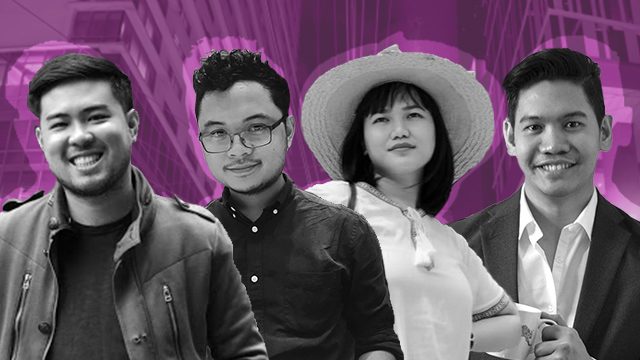

MANILA, Philippines – For many young Filipinos, the COVID-19 pandemic is not only a physical threat, but has also brought about a lot of existential questions.
Experiencing a global crisis firsthand – and a public health crisis at that – is an equalizer as it has forced everyone to reorient how they conduct themselves and their daily lives. The ensuing panic has highlighted and widened the existing disparities across the globe but at the end of the day, no one is truly immune to the anxiety and uncertainty that COVID-19 brings.
From questions like “How safe are my parents and grandparents?” and “When can I go out again?” to larger uncertainties like “What will happen to businesses and careers given a projected global recession post-pandemic?” and “What will remain of society? Of government?” – we are at the precipice of a monumental shift. Nothing may ever be the same again.
We interviewed young thought leaders across different fields, from business and infrastructure to technology and the arts. We will feature their predictions for a post-pandemic Philippines in a 4-part series.
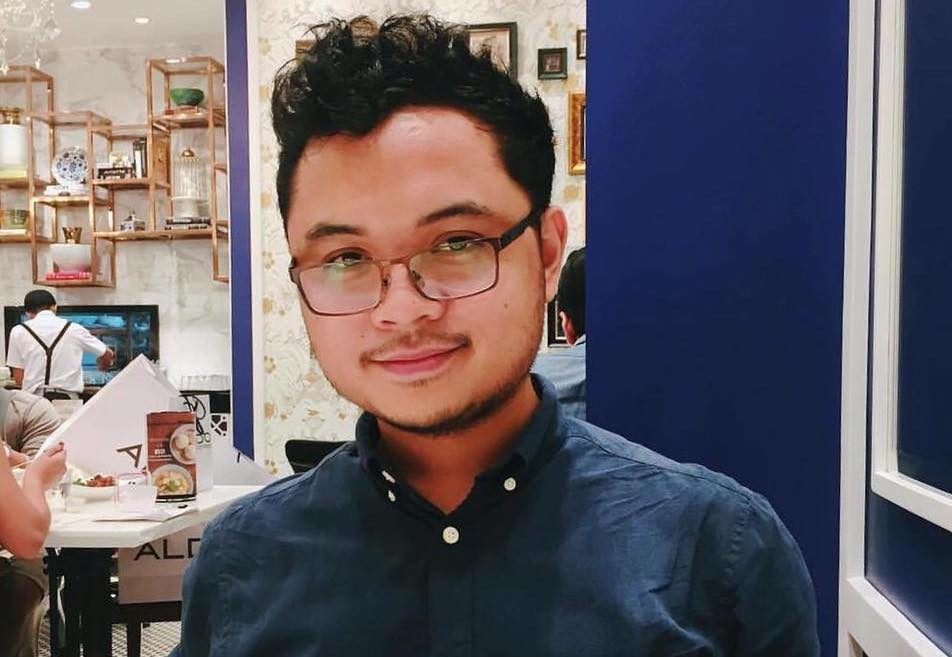
JC PUNONGBAYAN
Economics PhD candidate, University of the Philippines
Social protection systems and changed economic structures
The COVID-19 pandemic has resulted in the Philippines’ worst economic crisis since the mid-1980s. Above anything else, it made us all realize there are still huge gaps in our country’s social protection system. We’re not doing enough to take care of the poor, unemployed, and owners of small businesses.
Systems are not readily in place to give emergency aid on a wide scale. I can only hope institutions in both the public and private sectors will adjust accordingly and become more contagion-proof in the future. This can be done by, say, introducing universal basic income (which gives every citizen a fixed income for some duration), improving disaster management and communications, and making unemployment insurance more readily available.
The pandemic will also likely result in fundamental changes in the structure of the Philippine economy. More businesses and markets will see the value of online commerce and participate more in the sharing economy. Working from home, online classes, and online medical consultations might grow in popularity. Policymakers may choose to build more robust domestic supply chains – even if it means forgoing some of the benefits of globalization and free trade. And future governments will likely pour more resources into our health system to make it more robust to future epidemics.
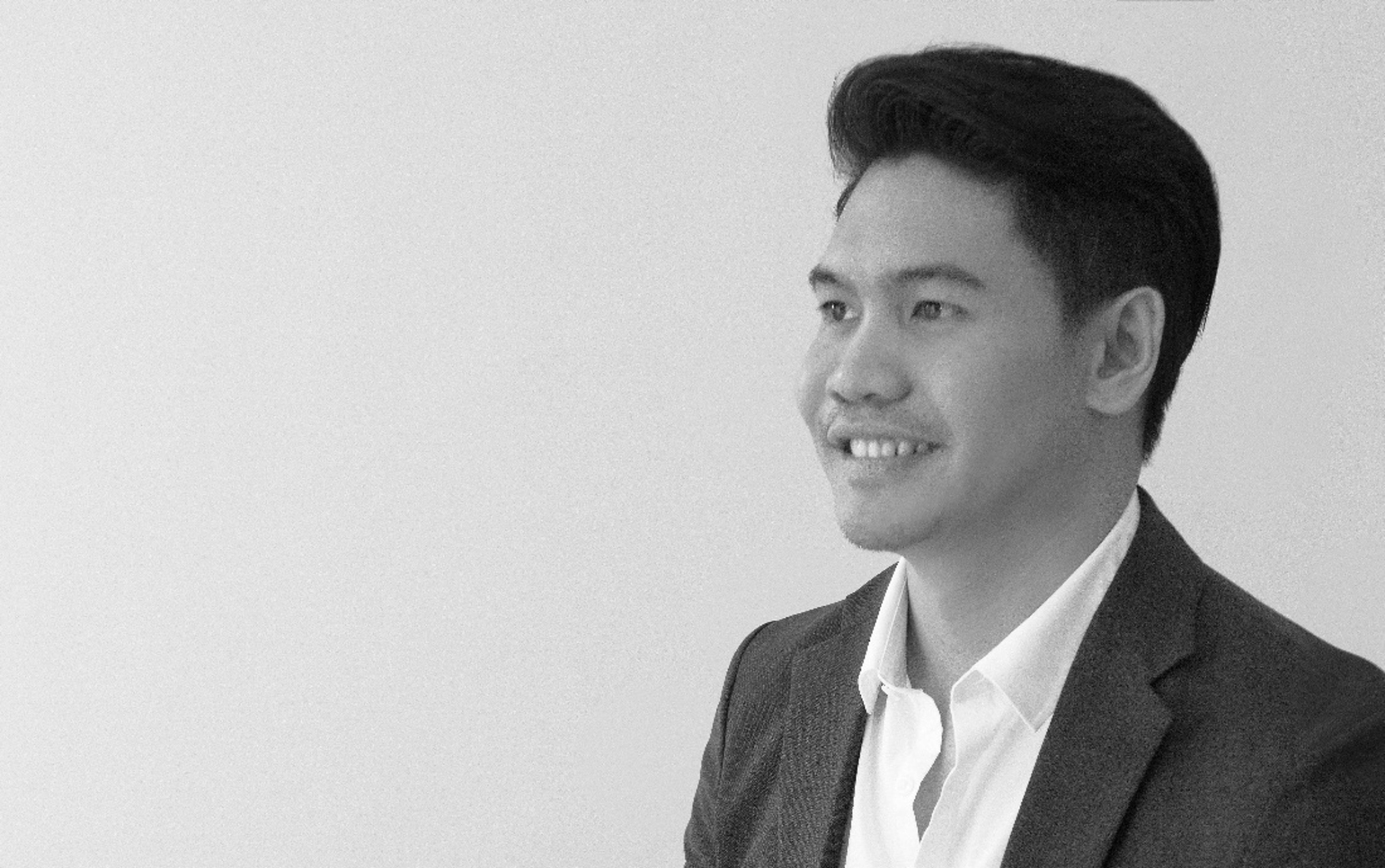
JONATHAN YABUT
The Apprentice Asia Winner / Founder and Managing Director, JY Consultancy & Ventures
The changing face of business
1. Work-from-home arrangements have always been under the radar of PH companies in Metro Manila due to traffic. COVID-19 will become the “beta test” to prove that this is doable. Expect more companies to enact once-a-week WFH arrangements post-pandemic.
2. “Essential” business travels will now be redefined as this quarantine will prove that meetings can still be effective even when done remotely. With Zoom and Microsoft Teams investing more in their technologies (and other more competitors entering), virtual meetings will start to feel that you’re “in the same room.”
3. Online learning (for schools) and virtual events (for companies) will be more mainstream – again aided by improved technologies that will make virtual communication mimic actual settings.
4. Demand may be cut down due to recession, but expect consumers spending more on health – whether it be keeping a healthier diet or buying prepaid health insurance “just in case” another pandemic happens. Life insurance demand may benefit from the psychological reflections that people will make during the quarantine too.
(READ: Adulting 101: Future-proofing your career amid coronavirus)
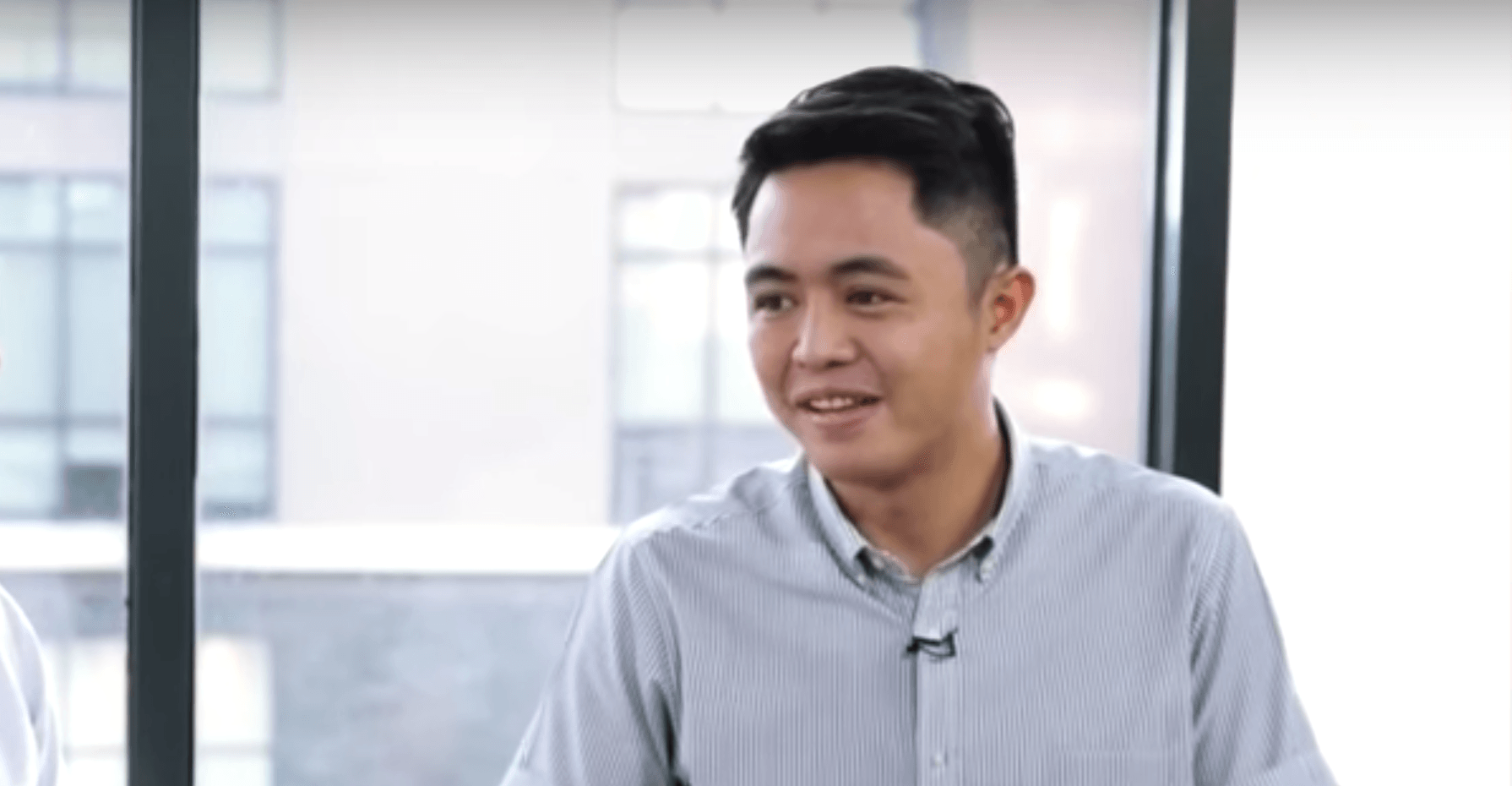
PATRICK JALASCO
Urban planner
The rise of affordable public housing
Cities might seem like they are the worst places to be in during a pandemic since their dense physical configuration makes it easier for diseases to be transmitted. That much is true. But a mass exodus out of our cities does not really seem like a viable option – the collective benefits we get from cities still ultimately outweigh a mass exodus. How then can we make our cities more liveable even in the event of a pandemic?
A lot of issues come to mind. But I think the most crucial among them would be the provision of quality and affordable in-city public housing. The COVID-19 pandemic was able to highlight the continued neglect of our blue-collar workers. Blue-collar workers – food vendors, cashiers, security guards, trash collectors, etc – have always served as the backbone of any city, and we owe much of our cities’ normal functioning to them. One of the major problems blue-collar workers face, most especially with the COVID-19 pandemic, is access to affordable and sanitary in-city housing options. Because of the expensive housing prices within Metro Manila, blue-collar workers either have to settle for such hazardous living conditions within the metro or live outside Metro Manila – far from their place of work and have longer commute times, but costs lower.
In both situations, practicing physical distancing, unfortunately, becomes a luxury, and is only available to those who can afford to live in more spacious areas, and have a personal vehicle for their means of travel.
If any improvement is to come out of this pandemic and be reflected in our urban environment, I do hope it’s the provision of more affordable and quality in-city public housing for our blue-collar workers, informal settlers, and most vulnerable and marginalized people in our cities.

EARL LIM AND DERYA TANGHE
Co-founders, Future Fresh
Consistent produce supply through indoor farming
In times of crisis – volcanic eruptions, heatwaves, typhoons, or the recent coronavirus outbreak – access to nutritious food directly from farmers is crucial. Urban farms can still operate and supply the nation’s fresh produce within city boundaries uninterrupted. Many people became scared when they saw store shelves empty.
The COVID pandemic has been a wakeup call that a consistent supply of healthy food, like fresh produce, is needed and to value frontliners, like farms who serve the health of cities and communities.
The Philippines needs a shift to resilient local food production in preparation for another crisis like COVID-19. Future Fresh has built resilience in agriculture with uninterrupted deliveries of nutrient-dense produce using indoor farms and technology. We have also been able to introduce new produce into the market, like baby Swiss chard and savoy spinach. These cannot be grown well locally outdoors – a benefit of urban indoor farming.
In a post-COVID-19 Philippines, it is unknown how quickly stores will reopen and when people will feel safe to return to social gatherings and eat outside. What we do know is fresh produce will always need to find its way into people’s homes. If we continue farming with current traditional practices, harvests will still be wiped out by extreme weather. Difficulties with infrastructure and logistics already lead to fresh produce arriving in stores and homes wilted (spoiled), of poor quality or with just a few days remaining of shelf life. Urban farming proves a strong alternative capable of prioritizing and providing top-quality fresh produce to cities 365 days a year.
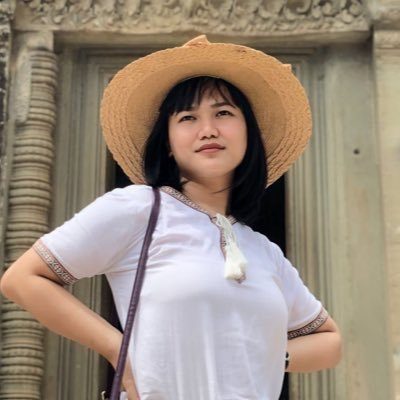
ASH PRESTO
Sociology instructor, University of the Philippines – Diliman
Improved medical and state institutions
All social institutions will be fundamentally affected by this pandemic. However, most highlighted are issues of governance and healthcare. This pandemic has proven the necessity for proactive, resilient, and empathetic leadership as well as the necessity of an equitable health care system. We expect to see improvements primarily in medical and state institutions as a result of this crisis coupled with a more vigilant citizenry.
Reevaluating our close social relations as Filipinos
I commend the World Health Organization for changing the term from “social distancing” to “physical distancing.” Social relationships are not only maintained through physical proximity and physical intimacy, so “physical distancing” can also be taken as a challenge to find more creative ways to connect with one another despite limits set by COVID-19 measures. These creative ways, which have already started to emerge, are what we will see as the fight against COVID-19 progresses.
These will definitely come in institutional forms – like including proper cough etiquette in basic education’s GMRC – and in everyday experiences – like extra care in pagmamano (kissing of the hand), or doing away with pagmamano altogether. (READ: [OPINION] Changing Filipino behavior to help fight a public health crisis)
Heightened sensitivity on privilege and class divisions
COVID-19 is a public health crisis, so it is not surprising to see the concept of “privilege” become one of the buzzwords in this health heap. As of writing, issues of privilege are commonly related to socioeconomic status, but there are a lot of possible trajectories that this new social dynamic can take. Privilege pertains to anything that is only available to very specific people based on their position in the social grid. This includes but is not limited to class, educational attainment, access to information, capacities for contribution – and the list goes on.
Nonetheless, all vectors of privileged are intertwined, such that access to information will always be dependent on class, for instance. The heightened sensitivity of Filipinos to the issue of socioeconomic class, therefore, bares the opportunity to examine other forms of inequality. This is important in COVID-19 conversations given that the virus is exposing, as well as deepening, existing social inequalities.

CLEVE ARGUELLES
Political scientist / PhD candidate, Australian National University-Coral Bell School
A reorientation by way of slow-moving disasters
Before COVID became a part of our daily fears, the conversations we were having were about what led this country to its current political dispensation. We’ve been wondering how many Filipinos ended up supporting a president that is behind the mass murder of many and the destruction of our democracy.
One of the most important lessons that we’ve learned in those conversations is that the current political order is a product of the previous decades and that many of the things happening at present, including the continuing presidency of Rodrigo Duterte, is a phenomenon that was already in the oven even before 2016.
It’s people’s frustrations with decades of inequality, disorder, and misgovernance that got us here, a slow-moving disaster that eventually led to a rupture in the post-EDSA politics. I consider the COVID-19 pandemic as a similar slow-moving disaster, and my thinking is that it will likely reorient our politics too the way the previous slow-moving disasters did but in just a shorter period. Many lives, jobs, and opportunities will be lost, and the government’s response will be the single most important predictor of whether this public health crisis will also turn into a long political crisis.
One of the significant shifts that we may expect from this is the return of public support for reformist and technocratic politics. The pandemic revealed that it is important that both local and national politicians are competent crisis managers, especially in times of emergencies, when many lives are at stake. Narratives of “the anti-expert” or
“the ordinary man” leadership may become less and less popular than at present, and planners, bureaucrats, professionals, and experienced politicians who are sidelined at the moment may find themselves back into power. Our country’s modern political history tells us that we’ve been swinging back and forth from reformism to populism, ending in one end of this political pendulum depending on which issues concern the public the most. Competence in managing a pandemic as big as COVID-19 and effective crisis leadership are likely to become important concerns for many citizens in the coming years.
In the short run, we’re also likely to see more cracks in the “Duterte consensus” as the socioeconomic impacts of this pandemic worsens. Before the pandemic, Duterte has been able to consolidate political power across the 3 branches of government and the archipelago, as well as win the support of many of the country’s resourceful oligarchs. But the pandemic had been challenging for this loose “governing bloc,” especially once the partners in this coalition started to realize that the government’s incompetent, mismanaged, and securitized response might also be unnecessarily costly to them. Underfunded local government executives can only support the needs of their constituencies unaided by the national government for so long. Business groups, in a rare show of solidarity, demanded limits in the emergency powers granted to the president. Key allies in the Senate watered down Malacañang’s version of the emergency powers bill. Celebrities found their political voices and have started criticizing Duterte’s usual violent rhetoric. We have a saying that small cracks are dangerous because they remain invisible until the house is ready to entirely collapse. But we have no reason to believe yet that the police and military won’t stand by his side once this crisis gives birth to EDSA Kuwatro. This is what Estrada and Marcos believed too, until they were left out in the cold by their own security chiefs.
But a slow-moving disaster such as the COVID-19 pandemic can reorient politics in ways that are for better or for worse. What I’ve discussed is only one of several potential trajectories. The other possibility is a hardening of the current illiberal order. In tough times, people are also likely to demand more discipline and punitive leadership. If that happens, the Duterte consensus will be given renewed legitimacy and public support. This means that the country might also be set for more waves of killings, governance by threats, and abuse of power, while many people are left on their own to recover from the debilitating effects of the COVID-19 disaster.
– Rappler.com
Read more Hustle stories:
- How do these thinkers see a post-pandemic Philippines? Part 2
- How do these thinkers see a post-pandemic Philippines? Part 3
Add a comment
How does this make you feel?
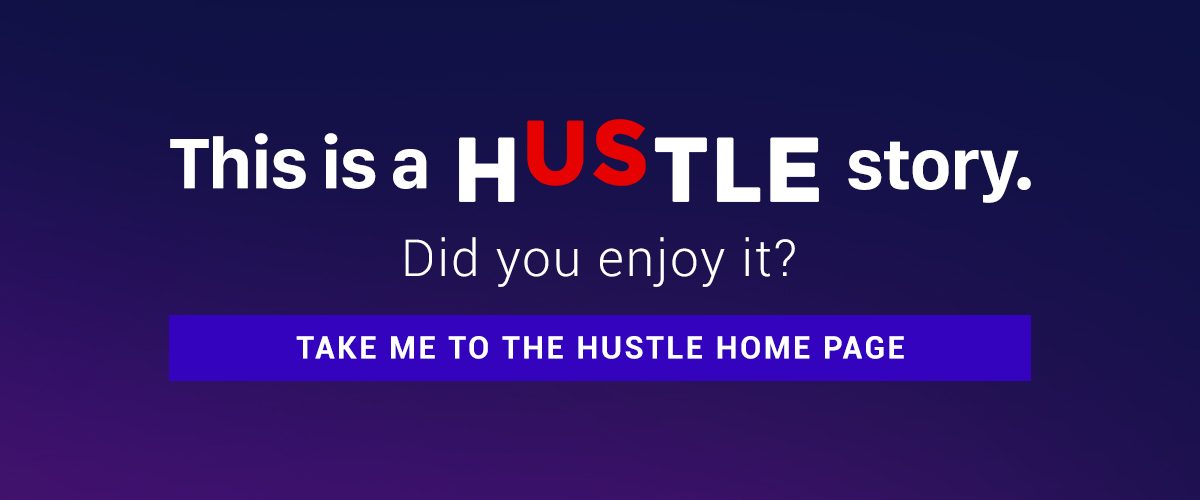
There are no comments yet. Add your comment to start the conversation.